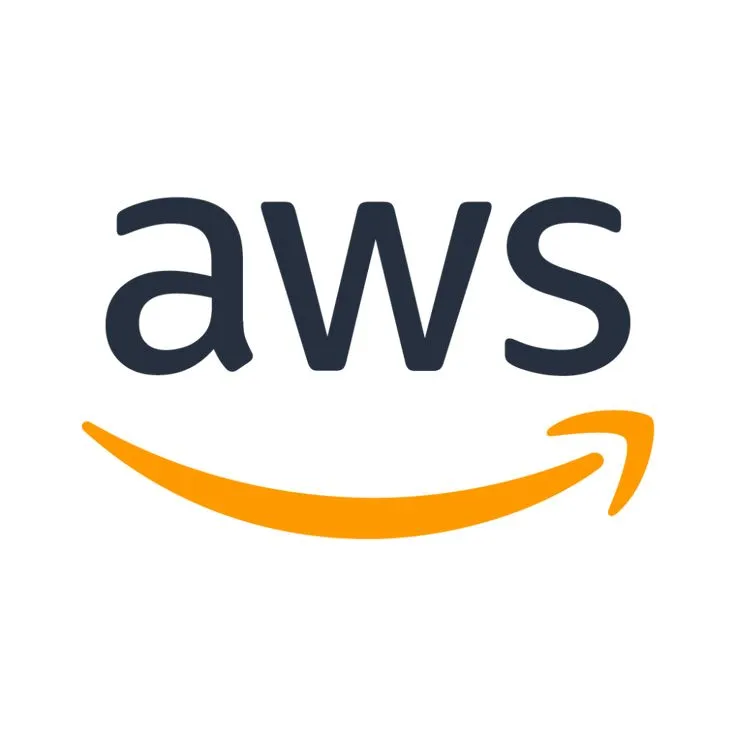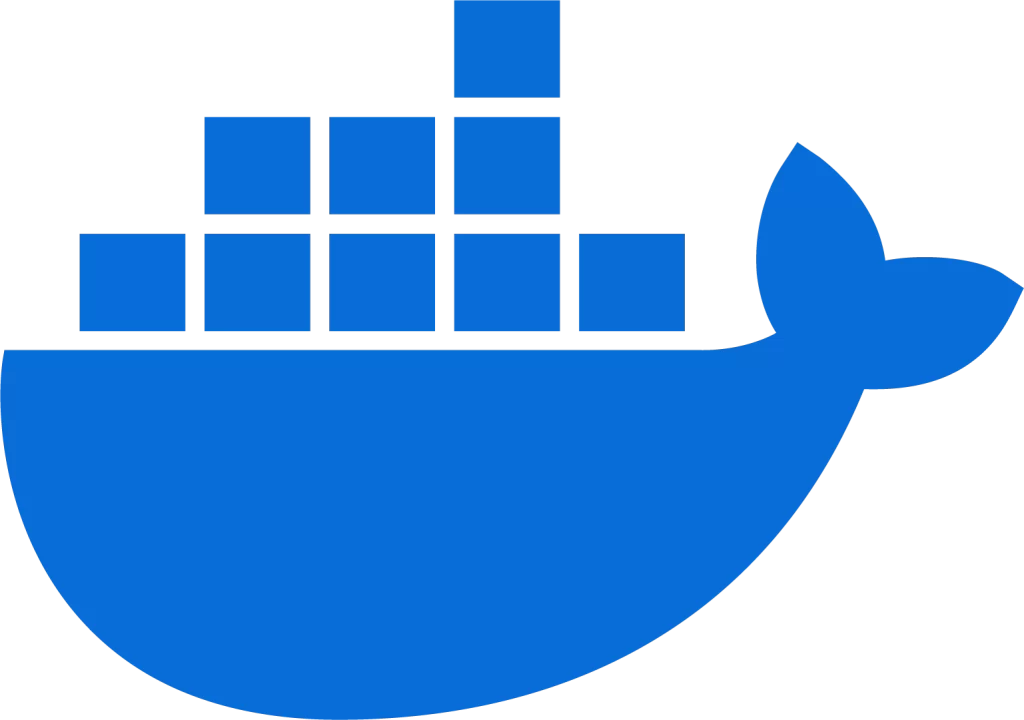- Memphis
- Logistics & Transportation
- 48 weeks
- B2B
- Java, Spring Boot, Angular, PostgreSQL, Docker, Kubernetes, AWS
Project Brief
A multinational logistics supplier aimed to replace antiquated systems with a scalable enterprise software development solution to increase operations, visibility, and decision-making throughout their worldwide network.
Client Background
With operations spanning numerous continents, the company had issues in handling complex supply chains, tracking shipments, and organising resources in multiple locations. Their previous systems were out of date, lacked integration, and limited their capacity to respond to evolving market demands.
Key Challenges:
Solution:
1. Discovery and Planning
We began a full exploration phase, working with stakeholders across the organisation to identify their individual pain points and requirements. We documented existing processes, discovered possibilities for improvement, and established functional and technical requirements for the new ERP system. This required considerable data analysis, process modelling, and risk assessment.
2. Development
Our experienced development team used an agile technique, dividing the project into manageable sprints. We used Java and Spring Boot to create a solid and scalable backend, with Angular providing a modern and intuitive frontend experience. PostgreSQL was chosen as the database because it is reliable and performs well. Docker and Kubernetes enabled efficient containerisation and orchestration, while Kafka allowed for real-time data streaming and integration with ERP system elements.
3. Implementation
We worked closely with the client's IT team to guarantee an easy transition to the new ERP system. This required painstaking data migration, extensive user training, and continuous technical support. We also conducted frequent performance evaluations and solicited comments to constantly improve and polish the system.
Tools & Technology Used

Java
Programming Language

Angular
Frontend

AWS
Cloud Services

Spring Boot
Backend

Docker
Containerization
Kubernetes
Orchestration
Features:
Order Management
Streamlined workflow from bid to delivery with real-time tracking and visibility.
Transportation Management
Efficient shipping planning and execution, including carrier selection, route optimisation, and shipment tracking.
Warehouse Management
Warehouse management involves streamlined activities such as receiving, putting away, picking, packaging, and shipping.
Financial Management
Financial management includes integrated components for accounting, invoicing, and payment processing.


